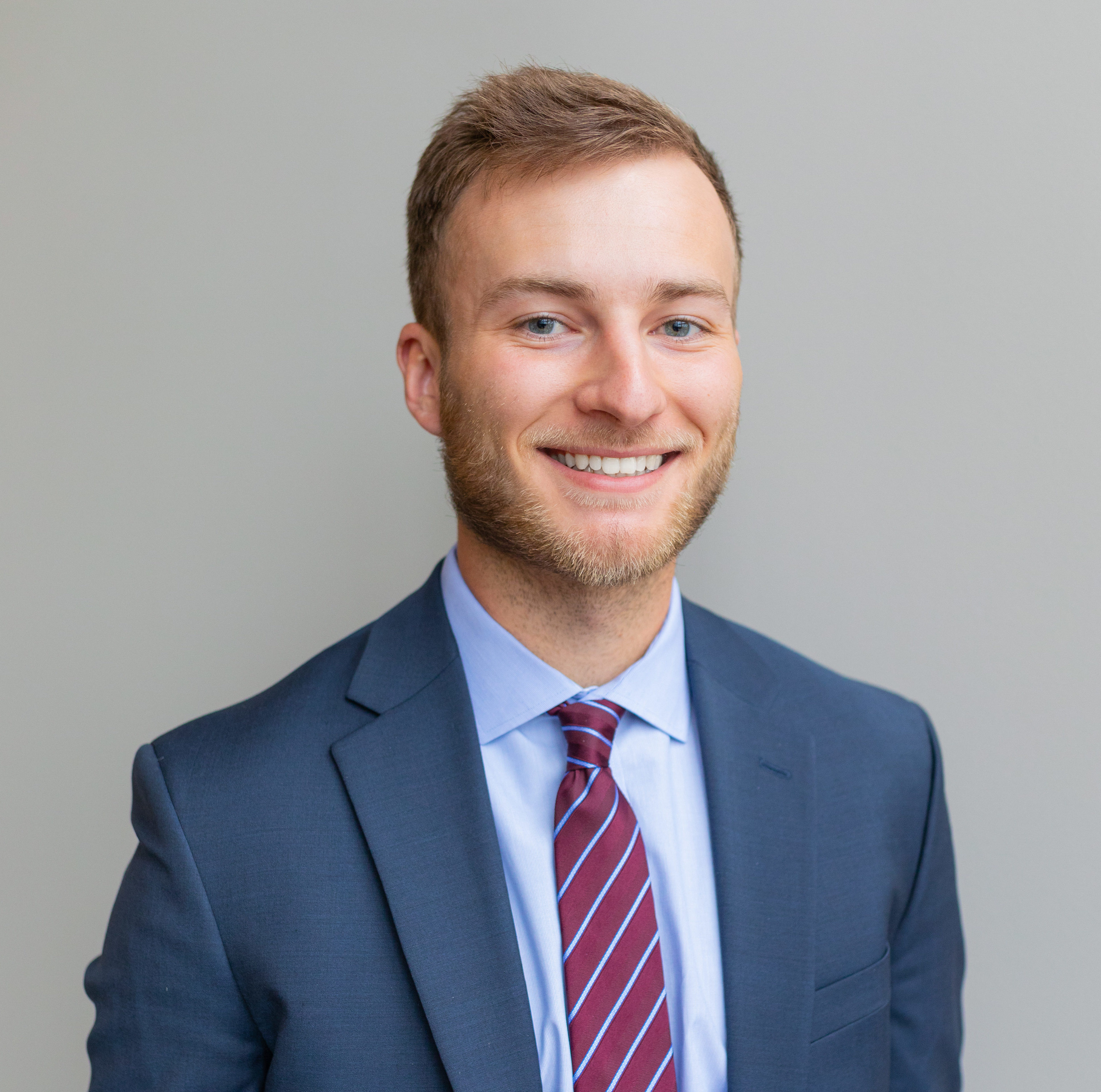 Jonah Clark is a technical advisor and law clerk at Suiter Swantz IP. Jonah received his B.S. in Industrial Engineering and minor in Business from Iowa State University.
Jonah Clark is a technical advisor and law clerk at Suiter Swantz IP. Jonah received his B.S. in Industrial Engineering and minor in Business from Iowa State University.
The NCAA has always believed that college athletes should maintain an amateur status, and this core principle has barred students who compete in the NCAA’s multibillion-dollar industry from profiting off of their name, image and likeness (NIL).
However, after years of discussion and debate, on June 30, 2021, governing bodies in all three divisions of the NCAA adopted a uniform interim policy suspending name, image, and likeness (NIL) rules for all incoming and current college athletes. This policy guarantees that student-athletes may pursue financial opportunities relating to the commercial use of their name, image and likeness without the risk of losing their collegiate careers and scholarship eligibility.
Under past NCAA rules, college athletes could not endorse products or services, even if unpaid, and they could not receive payments through similar opportunities capitalizing on their fame. The new interim policy provides guidance to college athletes, recruits, families, and schools on what they are now allowed to participate in. Individuals may now profit off of their name through avenues such as social media posts, appearances, sponsorships, autograph sales, endorsement deals and private training classes or camps. Athletes may also be paid by local or national businesses in exchange for their promotion. While opening the door to name, image and likeness opportunities to student-athletes, the NCAA is committed to retain its policy on avoiding pay-for-play and improper inducements tied to choosing a particular school. Pay-for-play occurs when athletes receive compensation from the school in exchange for participating in their sport. College athletic departments have expressed concerns with boosters attempting to lure recruits to campus with payments through endorsement deals. More clarity regarding the rules will need to be expounded upon in the future. Right now, the NCAA’s proposed NIL framework allows recruits to enter NIL agreements as long as they disclose the details before signing with a school.
The amount of money from NIL activities may not put the vast majority of college athletes on a track to become millionaires. However, research from Thilo Kunkel (Tempel University), Bradley Baker (University of Massachusetts), Thomas Baker III (University of Georgia) and Jason Doyle (Griffith University) examined athletes’ social media accounts and found that college athletes’ NIL value varies but “the NCAA’s position that student-athletes lack meaningful NIL value is false.” The study found that the Instagram account of former Clemson football quarterback Trevor Lawrence, the No. 1 overall pick in this year’s NFL draft, had a value of $331,272. Blake Lawrence, the CEO and co-founder of Opendorse, told Yahoo Sports last year that Trevor Lawrence could make an estimated $16,000 per Instagram post and $1,100 per Twitter post. Ultimately, an athletes’ NIL value will depend on the extent of his or her popularity and the size of the market in which they live.
The question that has yet to be answered is whether a permanent change will come in the form of patchwork legislation by the states or uniform federal legislation. It is desirable to avoid a state law patchwork which would create an uneven playing field when it comes to recruiting athletes. Therefore, the NCAA has urged Congress to pass federal legislation to provide some uniformity and clarity across the nation with various bill proposals. This year there have been five bills stalled as the NCAA seeks a federal legal standard on NIL activity for athletes. A large part of the reason these bills are being stalled is due to the fact that the NCAA is also seeking protection from continued antitrust challenges in these same proposals. With no nationwide standard, lawmakers remain divided on what the legislation should look like. In a hearing before the Senate Committee on Commerce, Science and Transportation, there was a split between favoring more urgent legislation versus more of a sweeping bill that would also protect athletes’ rights. These additional rights that lawmakers want protected include health care and safety standards for athletes.
Institutions will need to quickly determine how best to manage the education, enforcement and disclosure pieces following these changes. Since it will likely be a lengthy process before a uniform legal standard is adopted, there will need to be continuous education for athletes, their families and institutions as to what this new landscape means for them and how they can successfully navigate it.
Suiter Swantz IP is a full-service intellectual property law firm providing client-centric patent, trademark, and copyright services. If you need assistance with an intellectual property matter and would like to speak with one of our attorneys, please contact us at info@suiter.com.